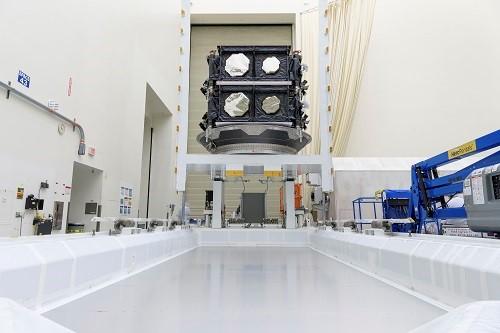The European Business Aviation Association (EBAA) and the General Aviation Manufacturers Association (GAMA) have jointly called for urgent policy changes to help the aviation sector achieve net-zero carbon emissions by 2050. In a joint letter released Monday, both organisations presented their key lobbying points for the upcoming 2024–2029 European Union (EU) legislative period, urging significant reforms to existing policies that hinder progress.
At the forefront of their demands is a request for the next European Commission and Parliament to reform the ReFuelEU Regulation, implementing a “reliable, fraud-proof” book-and-claim system for sustainable aviation fuel (SAF) within the EU emissions trading scheme. The two associations argue that such reforms would “send strong market signals” to SAF producers, eventually driving down SAF’s currently high costs and encouraging the creation of a unified market.
The latest European Business Aviation Manifesto also highlights the need to include business aviation in the EU’s Sustainable Finance Taxonomy. This classification system, intended to promote sustainable investment, currently excludes business aviation, making it more difficult for companies in the sector to access green financing. In July, EBAA joined Dassault Aviation in a legal challenge against this exclusion.
According to EBAA’s secretary general, Holger Krahmer, the exclusion was based on ideological grounds, thus discouraging necessary investments in the sector’s decarbonisation efforts. “We are proud to share our manifesto,” said Krahmer. “We stand ready to engage with all stakeholders and look forward to advancing discussions on solutions that will facilitate our members’ uptake of SAF and ensure fair access to airports and green financing.”
In addition to pushing for SAF reforms, the EBAA and GAMA lobbying alliance raised concerns about severe taxes, operational restrictions, and the potential banning of business aviation, warning of their impact on Europe’s economic competitiveness. The manifesto urges European policymakers to consider the sector’s vital role in the broader economy before implementing such measures.
There is also concern about proposed regulations on non-CO2 emissions. EBAA and GAMA advocate for a careful approach, emphasising that reporting obligations for such emissions should be feasible and not excessively burdensome. The organisations stressed that any measures should consider the different scales of emissions between small and large operators. They also warned that a potential tax on non-CO2 emissions could be unjustified, given the lack of scientific consensus on their environmental impact.
Kyle Martin, GAMA’s vice president of European Affairs, emphasised the pivotal role of business aviation in advancing aerospace innovation. “The manifesto sets out key policy initiatives to ensure that our industry continues contributing to a competitive and sustainable European aviation sector,” Martin said, adding that general and business aviation have long been key contributors to aerospace development.
IMAGES: Holger Krahmer, EBAA secretary general.





